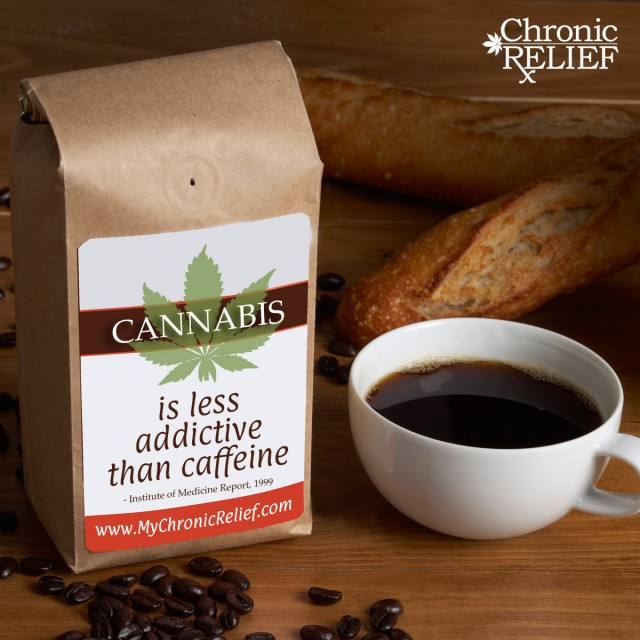 Everyone is addicted to something.
Everyone is addicted to something.
From the Dhammapada:
“The traveler has reached the end of the journey! In the freedom of the infinite he is free from all sorrows, the fetters that bound him are thrown away, and the burning fever of life is no more.”
To borrow from Buddhism, we might substitute “addiction” for “attachment”. I’m not a Buddhist expert, but my understanding is that (in that belief structure) those addictions/attachments are the very things that engender your need to reincarnate. The flesh of the body itself is an addiction that your spirit is not yet ready to release. The people you love, your favorite food, the way your cat purrs against your leg, all are forms of attachment to the world.
Put another way, the very fact that you have a body means you’re attached — addicted — to this life. Indeed, life, in Buddhist terms, is described as a “burning fever.” The aim is to purify yourself to such an extent that you reach nirvana, achieve non-being, and break free from attachment.
For a bit of a darker take on addiction, the film/book Requiem For A Dream does a grand job of illustrating this point. It shows addiction from the point of view of different substances (from coke, to pot, to heroin, to diet pills). As disturbing as the imagery from Requiem For A Dream can get, the message is clear: humans are addicts. We are addicted to novelty, to pleasure, to fear and happiness, to love and, yes, to narcotics.
So, if addictions are like earlobes and all of us have them in some form or another, what, then, becomes the criteria for judgment when doing an apples to apples comparison of one addiction to another? Seeing as how we’ve all got our vices, our little nuanced pleasures that carry us through the day and smooth out the edges, what benchmark of judgment is most egalitarian?
The most equitable point of discernment, to my eyes, is the level of havoc, discord, or ruination that results from said addiction. I suppose we could further dissect that down to: harm to self or harm to others. But I think the umbrella of harm is a just point of comparison.
We’ve established, for the purposes of this article, that we’ve all got an addiction of some kind and that a harm index is a fair point of judgement.
So where might we categorize marijuana under these guidelines? That likely would vary from person to person, but I think it’s pretty safe to say that the “bottom” of the spectrum for pot is pretty G-rated. I’m not saying that there aren’t assholes who smoke pot and do asshole shit, you’ll never find a cure for the common asshole. A person bent on self-destruction will lemming their way over a cliff no matter if they’re stoned or not. What I am saying is that, compared to alcohol, cigarettes, gambling, etc. cannabis doesn’t exactly leave your life looking like a Midwestern trailer park after an F5 has gone through.
Would I call myself a cannabis addict? Sure. I’m also addicted to iced tea and sea salt and vinegar kettle chips, but none of these “addictions” are going to ruin my life or cause harm (unless I go REALLY nuts on the kettle chips). Just because cannabis has been illicit for so long and is so firmly lodged in our national zeitgeist as a bad thing, it often gets overly criticized and lumped in with hard narcotics that can very well end/destroy your life in a single use.
I’m comfortable with my attachments, weed included. I don’t drink coffee, I don’t smoke tobacco, I don’t bet all my money on the ponies and I rarely consume alcohol. Those eager to label cannabis users as drug addicts are either trained apes for the rehab/pharmaceutical complex or they haven’t employed even a modicum of introspection for their own lives. If you’d like to argue with me why your $2000 a month shoe-addiction is somehow more appropriate than my unobtrusive, peaceful cannabis consumption habit, please write your comments on a post-it and just go ahead and light it on fire.









